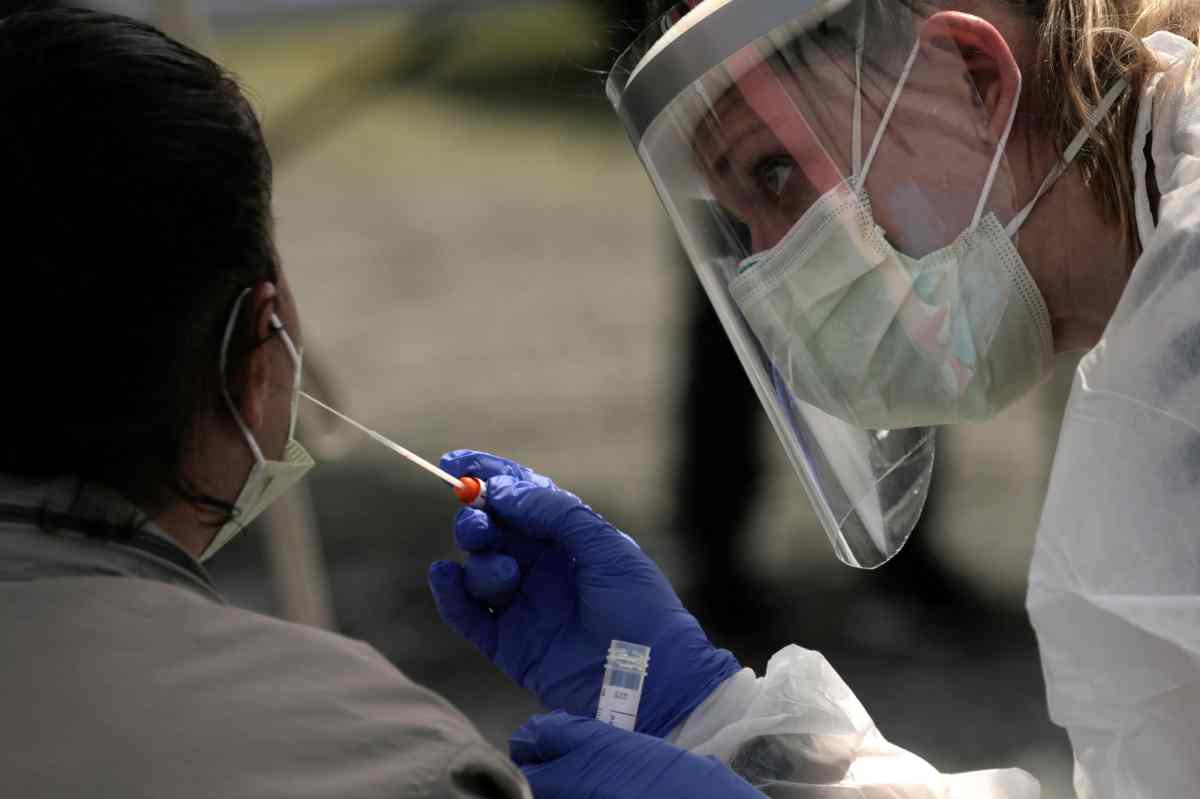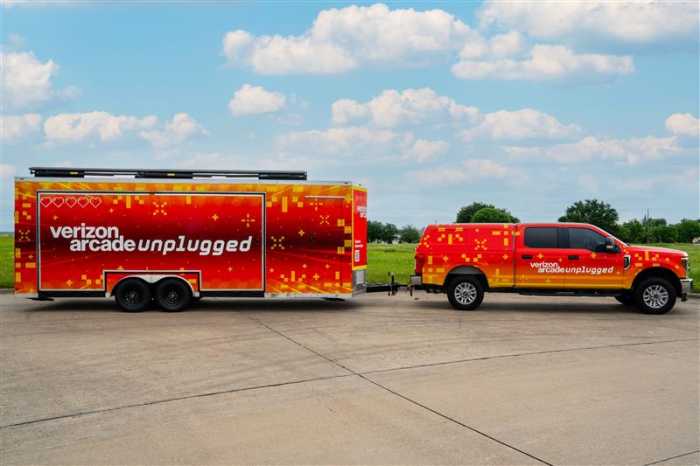News that President Trump and the First Lady has been diagnosed with COVID-19 demonstrated once again that the disease, like any other global pandemic, does not care about politics – Democrats, Republicans, and Independents alike are all vulnerable.
The reaction to this diagnosis in the White House will also provide another valuable lesson: how companies and organizations should respond to a COVID-19 diagnosis.
In addition to its role as a symbol of our government, the White House has a staff of hundreds of employees, with thousands of visitors coming through its doors every year, similar to the headquarters of a company or a large retail store.
When someone who works or has visited an office or store receives a COVID-19 diagnosis, managers have a legal duty and a moral responsibility to implement safety protocols to protect others at risk of exposure.
The pandemic remains uncharted territory, but there are some important considerations.
Fulfilling that obligation starts with following federal, state, and local safety regulations.
Where the rules prohibit certain types of activities – indoor dining, for example – businesses must close their door, full stop.
When restrictions have been eased, company managers should carefully follow the rules, requiring social distancing, regularly cleaning the office, and providing masks, hand sanitizer, and other personal protective equipment (PPE) and supplies as mandated.
After an employee or a visitor has been diagnosed, managers should move quickly to inform anyone and everyone who could have been exposed, asking them to quarantine and remain at home until each individual potentially impacted has received a negative test result (and, even better, multiple negative test results).
In the short-term, these quarantines could require employees who would otherwise have been in the office to work from home.
Guidance from New York State also stipulates that employers must tell the state and local health department immediately after receiving notification of a positive COVID-19 case in the office. Employers must comply with the state and local health departments as required to trace all contacts in the workplace.
Confidentiality must be maintained per federal and state law and regulations, and employers may not keep records of employee health data.
Employers should also use common sense to exceed the legal requirements where appropriate. An employee with a pre-existing condition (or who lives with someone with a pre-existing condition) should have the opportunity to work from home.
If someone at the office contracts COVID-19, it might be best to close the office temporarily for deep cleaning and to enhance safety protocols after people have returned.
In addition to the legal issues involved, no company wants to have a reputation for ignoring the safety of its workers – not to mention customers and clients coming in and out the door.
Indeed, the most sensible plans for office safety will not only incorporate all the regulations and guidance mandated by the government but will also include adjustments to protect the most vulnerable employees and their families.
My own law firm, which represents thousands of 9/11 first responders and survivors who became sick from their exposure to Ground Zero toxins, also has several employees who have experienced these same 9/11-related respiratory diseases and cancer.
Individuals with breathing problems or compromised immune systems are uniquely vulnerable to severe COVID-19 systems and have higher death rate from the disease.
As a result, we have encouraged people at risk to safe home and stay safe and offered reimbursement for travel for individuals who need to avoid crowded trains or buses.
These are real costs, but amount to nothing compared to the life of a valued colleague.
The outbreak at the White House provides a useful lesson for companies throughout the United States that even comprehensive testing and safety precautions are sometimes not enough to prevent COVID-19 infections.
Yet a strong and thoughtful response to an outbreak, based on the best science available, has the potential to save lives and limit the spread of this deadly disease, marking another step toward the eradication of a global pandemic.
We must all do our part.
Michael Barasch is the managing partner of Barasch, McGarry, Salzman & Penson
This OpEd first appeared on amny.com
For more opinions visit longislandpress.com/category/opinions
Sign up for Long Island Press’ email newsletters here. Sign up for home delivery of Long Island Press here. Sign up for discounts by becoming a Long Island Press community partner here.

































